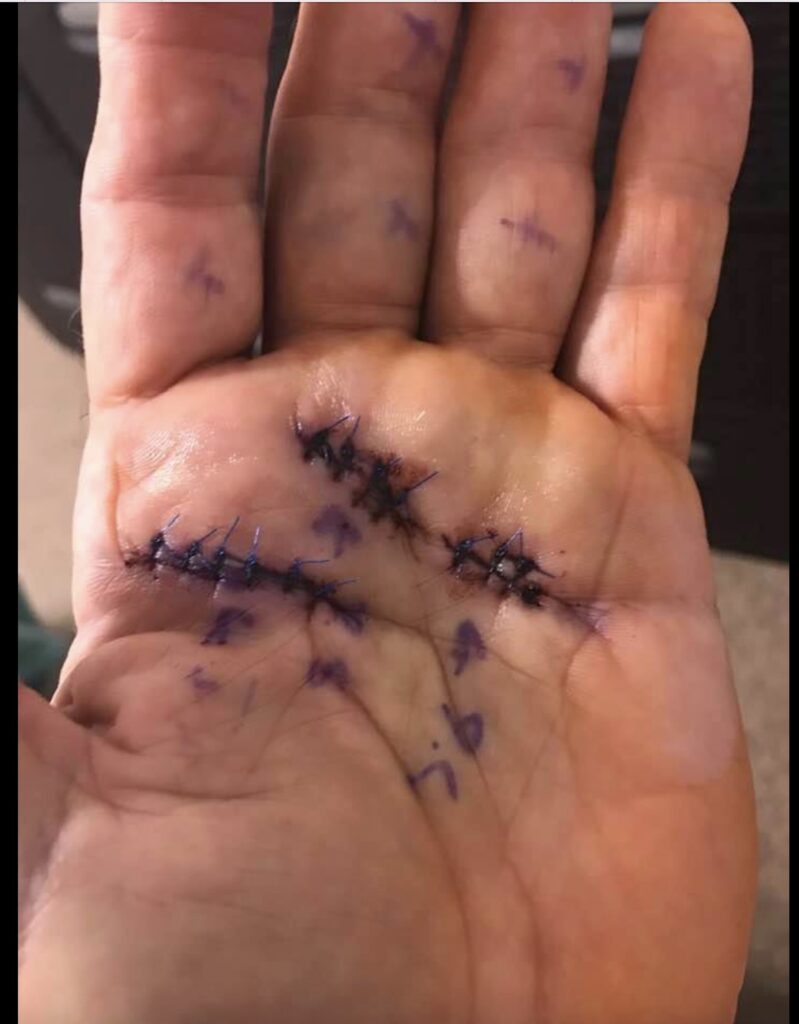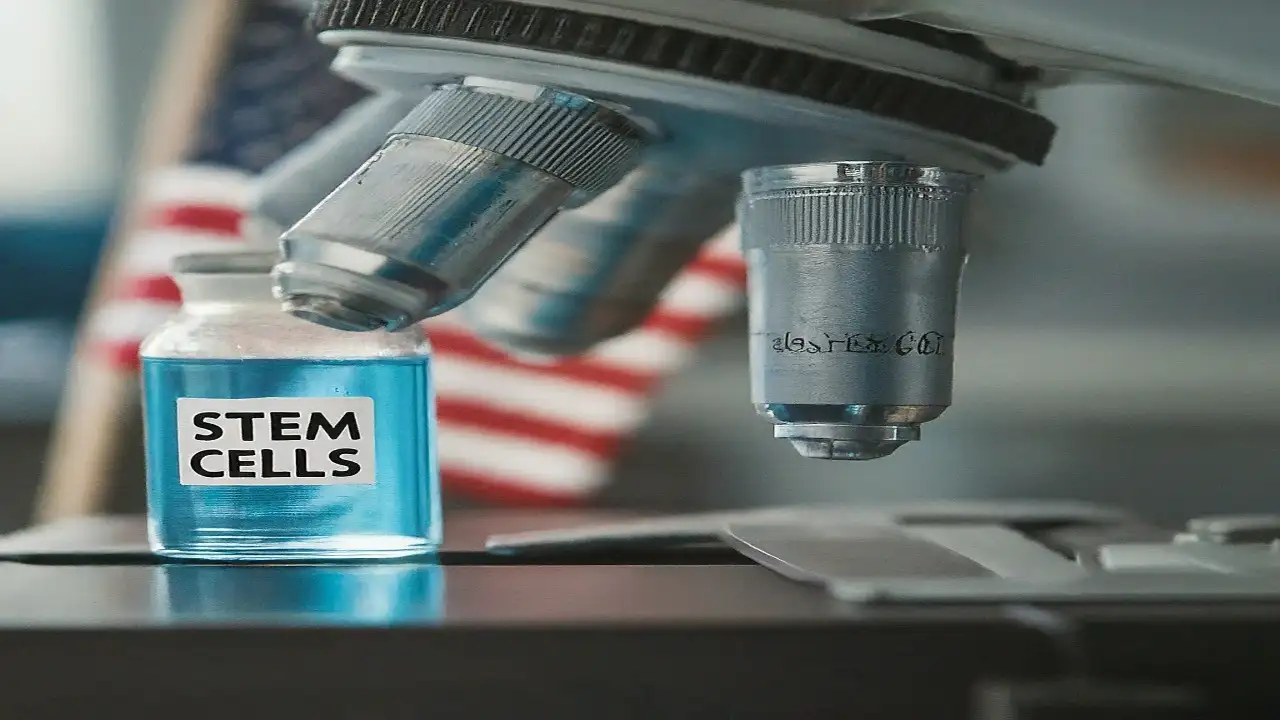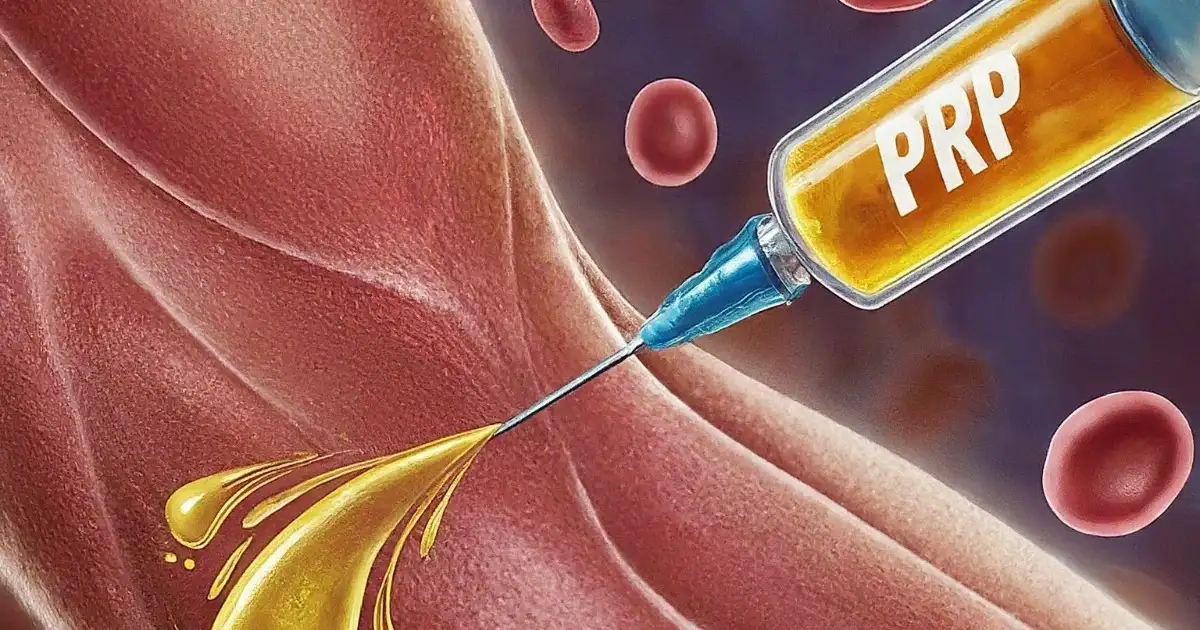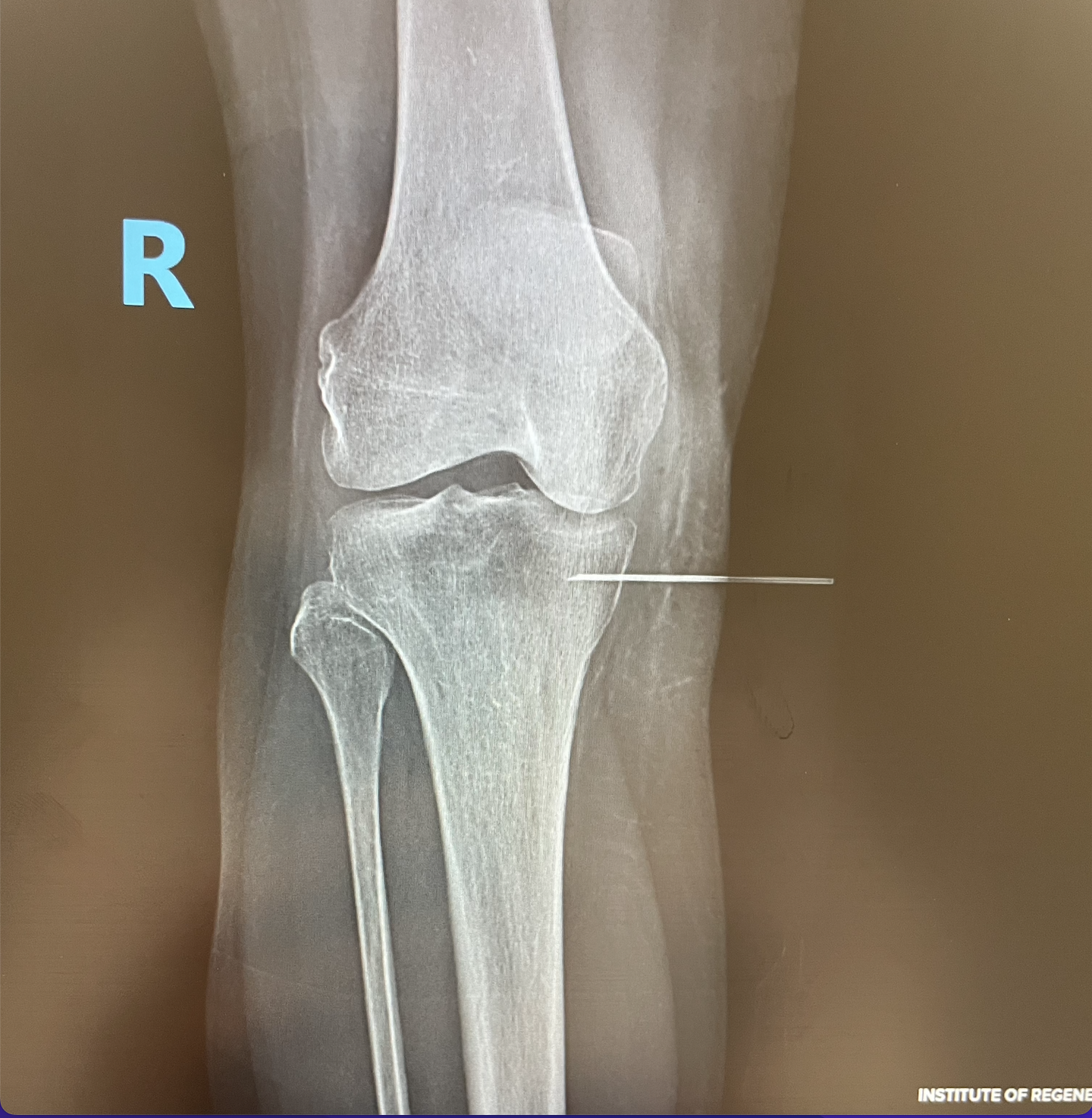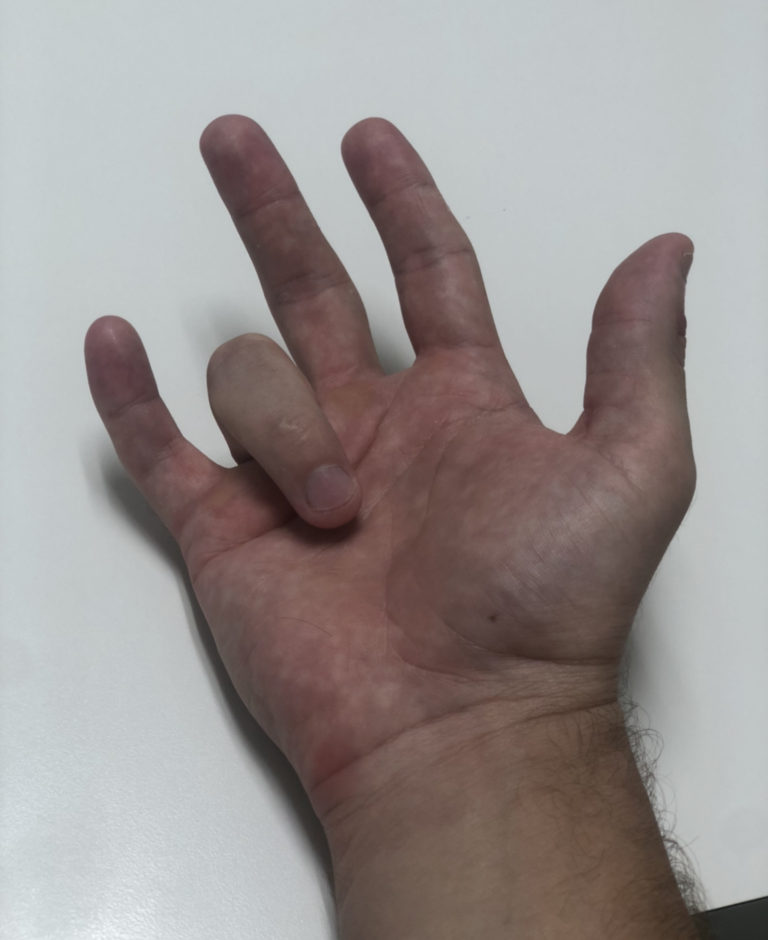Prepare to Turn the Page on Discomfort as Trigger Finger Surgery Unveils a Fresh Chapter of Improved Finger Mobility and Pain Management
Introduction:
Trigger finger(TF) can significantly impact daily life, causing pain and hindering finger mobility. However, trigger finger surgery offers a fresh start by addressing the root cause and providing lasting relief. At the Institute of Regenerative Orthopedics & Sports Medicine in Fort Lauderdale, FL, our team of experts specializes in TF surgery, including the use of ultrasound guidance for precise and effective treatment.
Understanding Trigger Finger:
Before delving into trigger finger surgery, it’s essential to understand the condition itself. Trigger finger occurs when the tendons in the finger become inflamed or thickened, causing difficulty in finger movement. Symptoms include finger stiffness, popping or clicking sensation, and pain. A proper diagnosis is crucial to determine the most appropriate treatment approach.
Non-Surgical Treatment Options:
In many cases, non-surgical treatments can effectively manage trigger finger symptoms. Rest and immobilization of the affected finger, along with anti-inflammatory medications, can help reduce inflammation and alleviate pain. Physical therapy and specific exercises can also improve finger mobility. At the Institute, we offer ultrasound-guided trigger finger release as a non-surgical treatment option, which has shown promising results in achieving pain relief and improved finger function.
When Trigger Finger Surgery is Needed:
While non-surgical treatments are often successful, some cases may require trigger finger surgery. When non-surgical options fail to provide adequate relief, or when the condition becomes severe and affects daily activities, surgical intervention may be recommended. Consulting with a medical professional, such as a board-certified Regenerative Orthopedics & Sports Medicine Medical Doctor at our Institute, can help determine the best course of action.
Preparing for Trigger Finger Surgery:
If trigger finger surgery is deemed necessary, thorough preparation is crucial. The journey begins with a consultation with our specialist, who will assess your condition and explain the surgical procedure in detail. Pre-operative assessments and tests may be conducted to ensure you are a suitable candidate for surgery. Additionally, anesthesia options will be discussed to ensure your comfort during the procedure.
The Trigger Finger Surgical Procedure:
During trigger fingers surgery, the goal is to release the constricted tendon, allowing for improved finger movement. Our experienced surgeons employ various techniques tailored to your specific case. The surgery is typically performed on an outpatient basis, minimizing the inconvenience and facilitating a smooth recovery. While all surgical procedures carry some risks, our team prioritizes patient safety and takes every precaution to ensure a successful outcome.
Recovering from Trigger Finger Surgery:
After tf surgery, proper post-operative care is essential for a smooth recovery. Immediate post-operative care involves pain management and wound care instructions. Physical therapy and rehabilitation exercises are often prescribed to enhance finger mobility and restore strength. The duration of recovery varies for each individual, but with proper care and adherence to rehabilitation protocols, positive outcomes can be expected.
Potential Complications and Risks:
As with any surgical procedure, trigger finger surgery carries certain risks. These may include infection, delayed wound healing, nerve or blood vessel damage, and the possibility of symptom recurrence. However, discussing expectations before your procedures can always help understand risks.
Follow-Up Care and Long-Term Management:
Following trigger finger surgery, regular follow-up appointments are crucial to monitor your progress and address any concerns. Lifestyle modifications, such as avoiding repetitive finger movements and maintaining hand hygiene, can help prevent future occurrences. Additionally, engaging in maintenance exercises and adopting proper hand care practices can contribute to long-term management and enhanced finger mobility.
Conclusion:
If trigger finger has been causing discomfort and hindering your finger mobility, trigger finger surgery can open a new chapter of improved finger mobility and pain management. At the Institute of Regenerative Orthopedics & Sports Medicine in Fort Lauderdale, FL, our board-certified Regenerative Orthopedics & Sports Medicine Medical Doctors specialize in ultrasound-guided trigger finger release and are dedicated to helping you regain optimal hand function. Say goodbye to discomfort and embrace a future filled with improved finger mobility and pain relief. Contact our Institute to embark on your journey to a pain-free life.
Ultrasound Guided Trigger Release incision
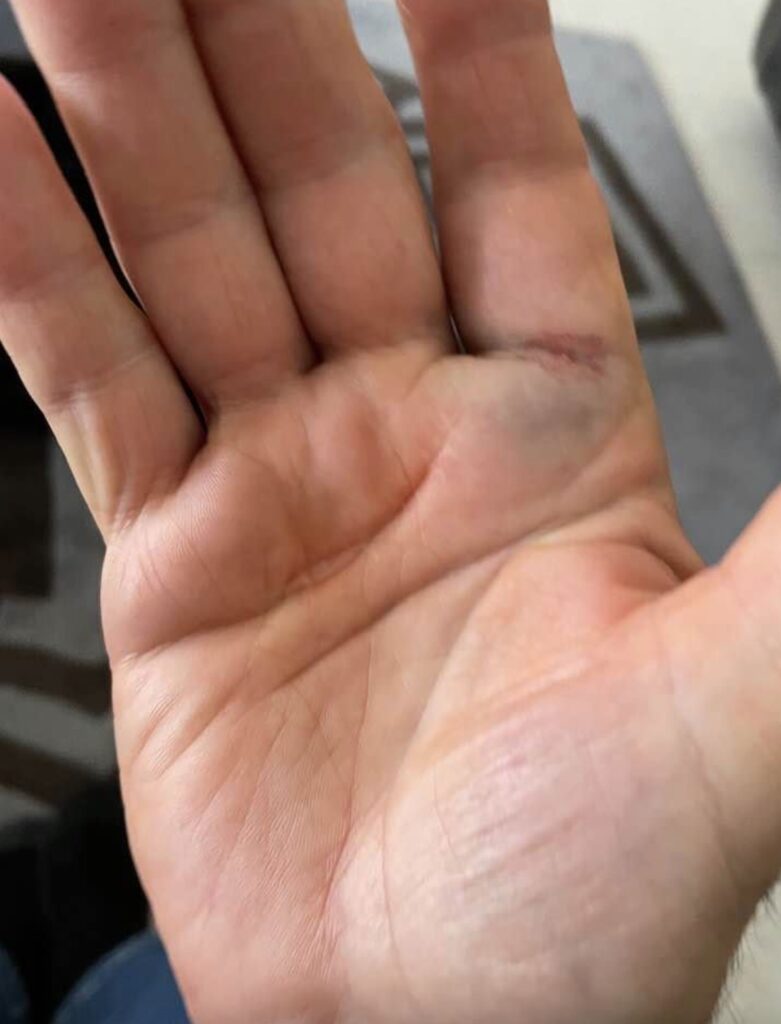
Traditional Trigger Finger Release incision
